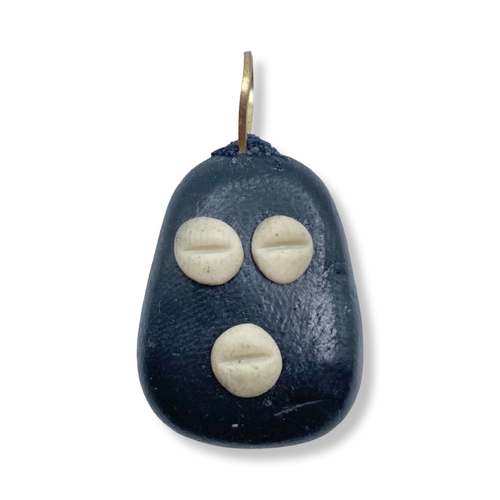In the diverse Orisha belief systems, Obatalá holds a revered position as the celestial father, being the child of the supreme deity (Olodumare), and the architect of Earth and mankind. The roots of these beliefs trace back to the Yoruba culture prevalent in present-day Nigeria, Benin, and Togo, which is often regarded as the fountainhead of Orisha traditions. However, similar practices can be found along the extensive West African coast.
At its core, the Orisha faiths symbolize universal natural forces, transcending religious boundaries. This concept echoes ancient Greek traditions that personified nature's elements, attributing human traits to them. The parallels between these cultures are indeed remarkable.
In the New World, the reverence for Orishas found a harmonious blend with Catholic saints, evolving into a unique form of veneration. Some Orishas, akin to saints, are historical figures celebrated for their virtuous deeds, yet they stand distinct from saints. While these practices have African origins, they've found a new home and expression in the Americas, particularly in countries like Cuba, Haiti, and Brazil.
The reverence for nature's forces is a shared sentiment among many Indigenous American traditions, despite their independent evolution. This commonality underscores a fundamental human inclination towards recognizing the divine in nature.
Delving into the creation myths of the Orisha faiths, which are predominantly oral traditions, reveals a rich tapestry of stories varying across regions, communities, and even families. According to one such myth, in the primordial times, Earth was engulfed in water until Oludumare entrusted Obatalá with soil and a chicken to create land. Obatalá placed the soil amidst the vast oceans, set the chicken upon it, which then scattered the soil, forming land. Following this, Obatalá was tasked with creating humans. Although many were crafted perfectly, a bout of palm wine led to the creation of some with imperfections. This narrative underscores Obatalá's profound empathy towards the differently-abled, stemming from the remorse over his inadvertent actions.
Obatalá, a complex deity with both feminine and masculine attributes, mirrors the inherent gender fluidity within all humans. This deity embodies the spark of consciousness within us, offering protection unless another Orisha claims one's allegiance. Dressed in white, a color encompassing all hues, Obatalá symbolizes inclusivity and acceptance, extending care to all beings. Offerings pleasing to Obatalá include white foods devoid of spices, white clothing, coconut milk, white pumpkins, silver, and ivory. As the guardian of the Orishas, Obatalá mediates their disputes, embodying a nurturing essence.
The emblem of a white dove represents Obatalá, evoking universal associations of peace and purity, highlighting the shared human tendency to find symbolism in nature.
Tracing Obatalá's roots back to Mother Africa reveals his/her foundational role as the erstwhile ruler of Ile-Ife, Nigeria, the sacred city of the Yoruba, where he/she descended from the heavens.
The reverence for Obatalá traversed the Atlantic with the African diaspora, finding new expressions in Cuba, Haiti, and Brazil. Through the lenses of Santería, Vodou, and Candomblé, Obatalá's veneration blossomed, enriching the African Diaspora culture in the Caribbean and South America. To evade religious persecution, devotees ingeniously syncretized Obatalá with the Virgin of Mercy, Jesus, and in Brazil, with Our Lord of Bonfim, the patron saint of Bahia, the cultural heartland of Brazil.
This rich tapestry of beliefs, blending ancient traditions with new interpretations, continues to resonate across continents, echoing the enduring human quest for divine connection and the reverence for the natural world. ¡Ashé!































































